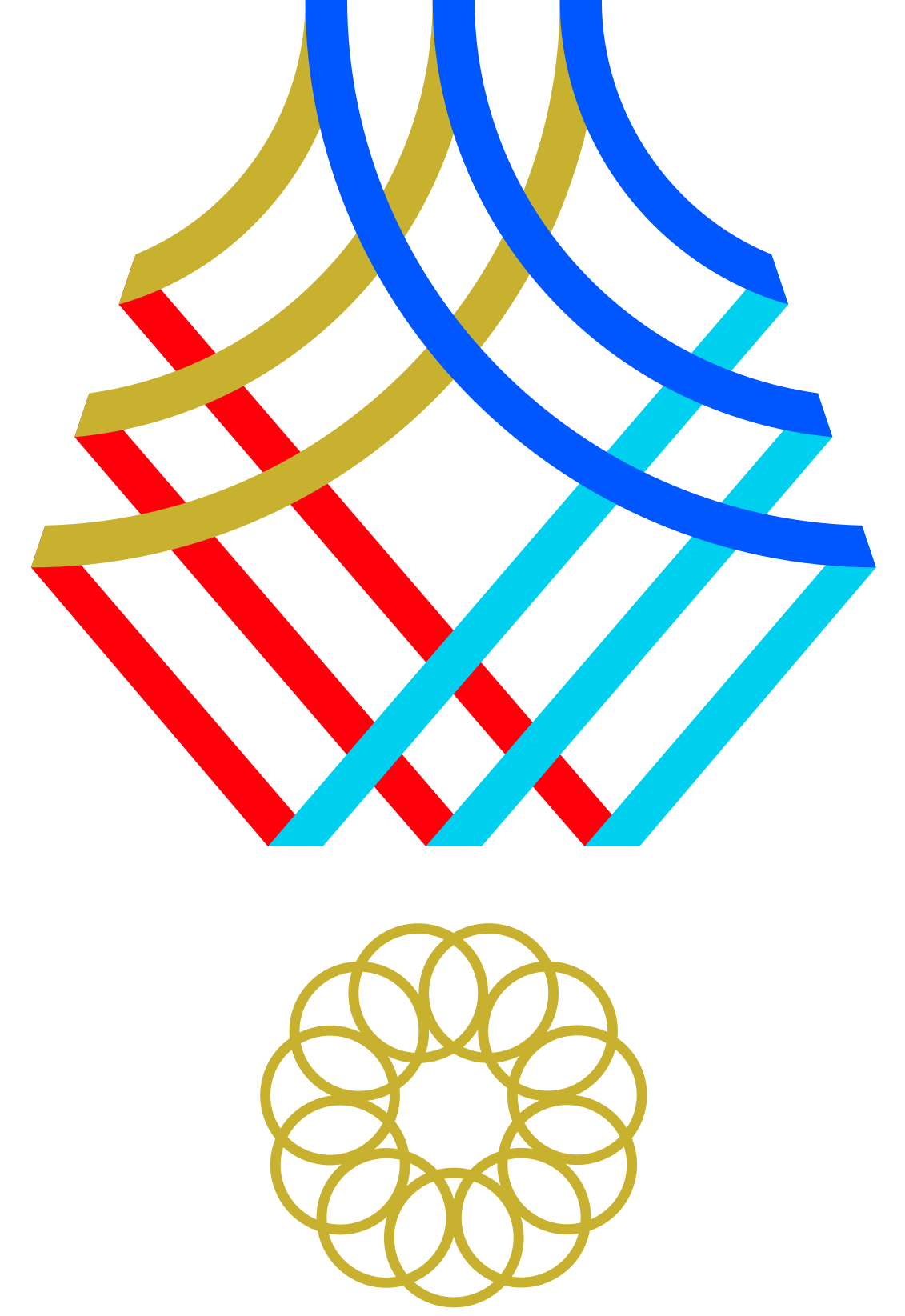KUCHING, 1 Oct : Sarawak Shell Bhd (SSB), a subsidiary of Shell PLC, together with its partners, PETRONAS Carigali Sdn Bhd and Brunei Energy Exploration, today celebrated the mechanical completion of Engineering, Procurement and Construction (EPC) of fixed offshore structure works for the Timi Field Development Project.
The Premier of Sarawak, Datuk Patinggi Tan Sri Abang Johari Tun Openg, witnessed the celebration at the Brooke Dockyard and Engineering Works Corporation (Demak Yard) where he spoke on two pertinent issues as seen in the project that are in line with Sarawak’s green energy policy in the effort to decarbonise energy in Sarawak.
The first issue is the fact that the project features Shell’s first wellhead platform (WHP) in Malaysia powered by a solar and wind hybrid renewable power system.
“The power is generated through a hybrid combination of solar and wind. I think the use of wind is the first in this region. People are very sceptical about the use of wind because they feel that wind is not enough, but this is offshore wind power.
“In a lot of other countries in Europe, they are installing wind power system offshore in order to generate power onshore. This is a new technology altogether because the velocity of wind at sea is better than on land,” said Abang Johari in his speech.
He added that if the wind velocity is there, and there is an improvement in the technology, even the slight movement of the propeller with the right turbine can produce energy.
“There is potential for the countries in this region to produce energy with wind, provided of course that there is that improvement in technology,” Abang Johari opined.
The second issue that is very important, he added, is the fact that the WHP is the first unmanned platform in Sarawak, which shows that there is an improvement in deployment to manage the platform.
“In a nutshell, you save on manpower, and the whole industry becomes competitive,” he said.
Abang Johari also mentioned that the Malaysian Institute of Economic Research (MIER) apparently acknowledged that the Post-COVID Development Strategy (PCDS) 2030 is a good policy strategy for the future of Sarawak.
The policy was made within a framework of issues facing the world today, including climate change, he said.
“Too much water is also difficult, if there is no water, it will be dry. In terms of food production, people cannot plant. Therefore I think we in Sarawak are serious about climate change and also solutions in facing this climate change. We are seriously looking at all the technology available for us to mitigate carbon pollution,” Abang Johari added.
In this regard, he said, Brooke Dockyard also has to change and adapt accordingly and work with technological partners.
Abang Johari also expressed his desire to work together with PETRONAS on hydrogen because they have a new membrane reactor.
“Normally hydrogen needs 60 kilowatt of power to produce, but PETRONAS has invented the membrane that can split hidrogen and oxygen that only need about 30 kilowatt of power. Just imagine, the costs will be saved by half. Maybe one day, it could be lower than 30 kilowatt,” he said. – TVS








